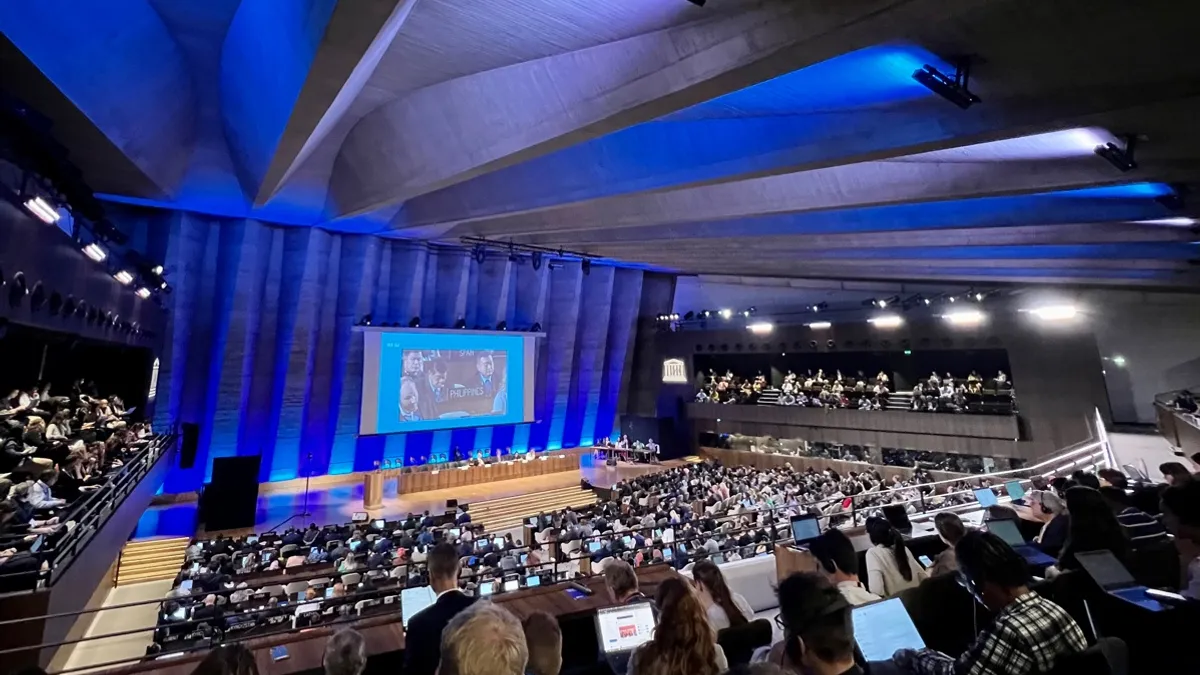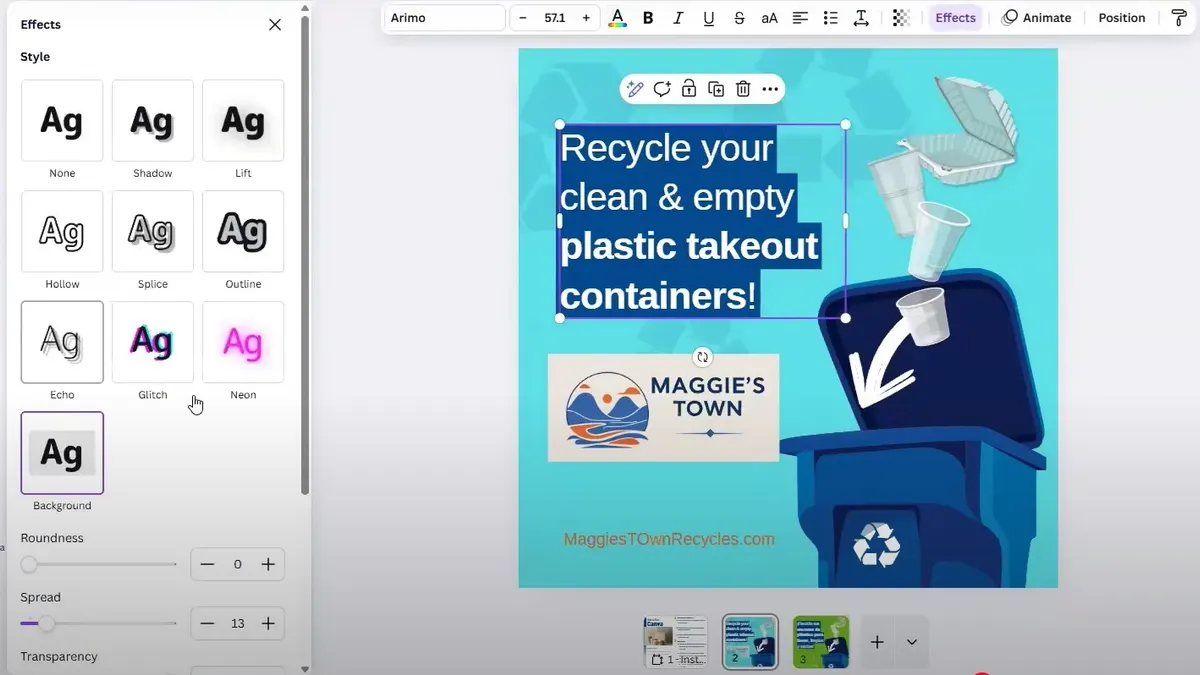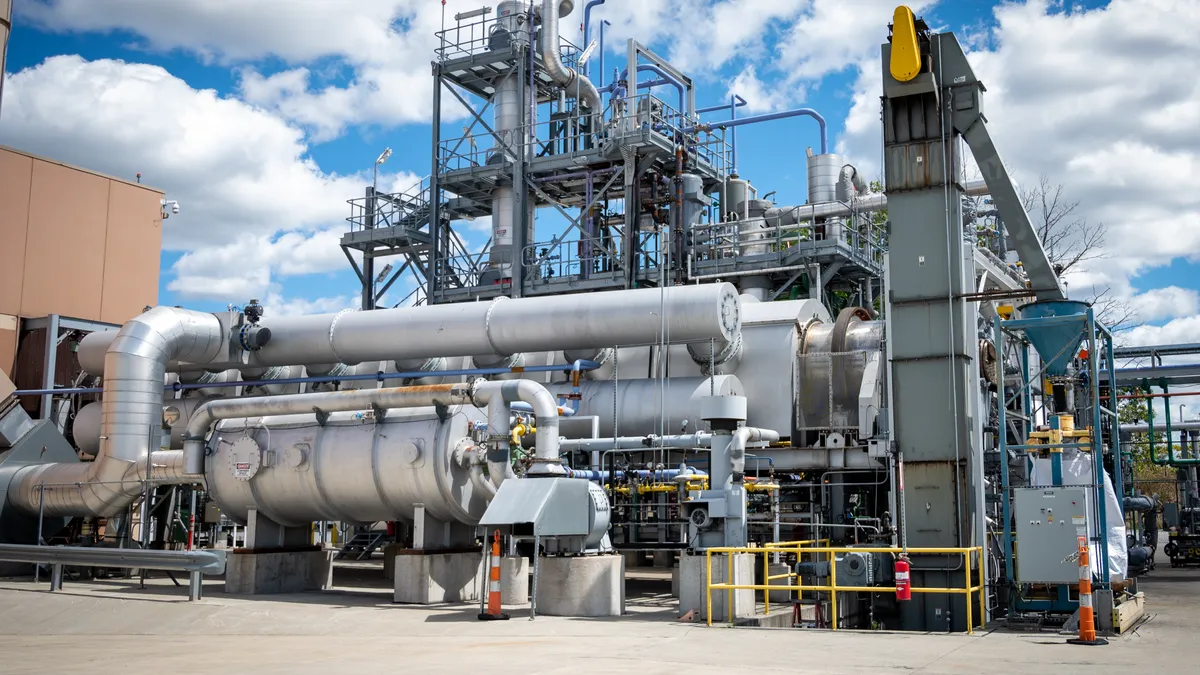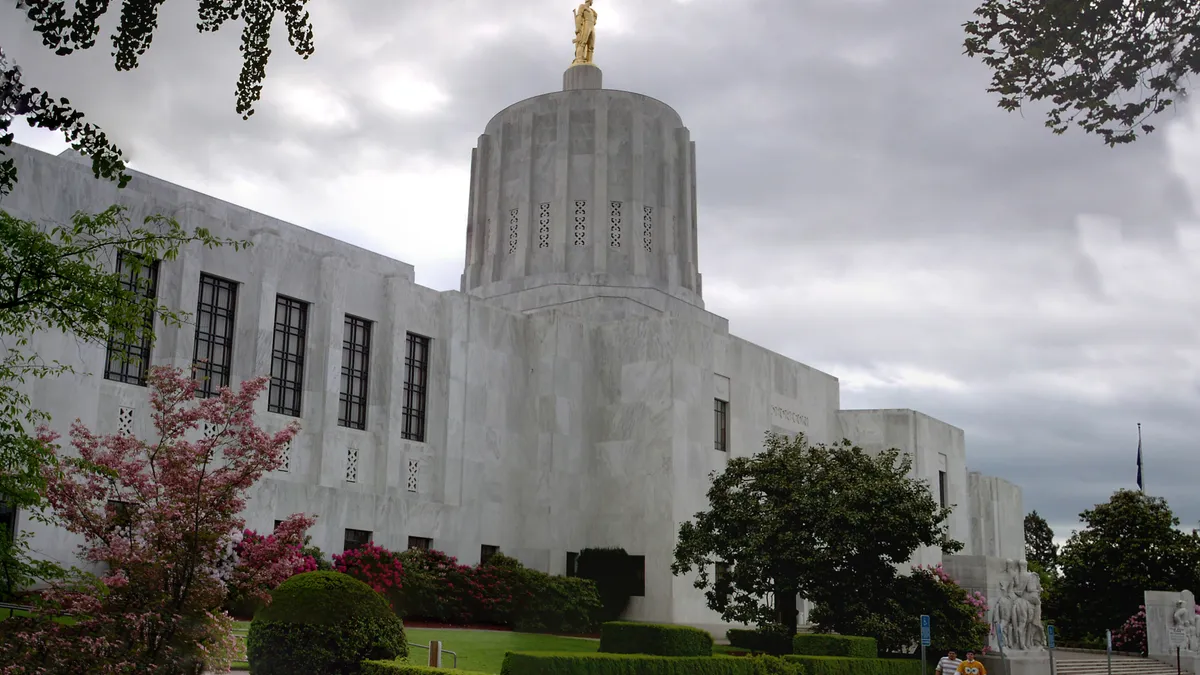The United Nations is moving forward with preparing a draft of an international legally binding agreement on plastic pollution after a negotiating session in Paris last week that drew mixed reactions from recycling stakeholders.
The UN negotiations, the second of five planned meetings, continued debates from the first meeting in Uruguay in December. Stakeholders discussed whether the draft agreement should include caps on the production of new plastic, whether certain measures would be voluntary or binding, and whether mandatory goals would apply to all countries or allow for country-specific components.
The UN agreement, expected by the end of 2024, aims to “end plastic pollution” by addressing the production, design and disposal of plastic. An initial draft will be discussed at the next round of talks in November at the UN Environment Programme’s headquarters in Nairobi, Kenya. It will likely be years before it’s clear how the UN agreement will affect the waste and recycling industry, but stakeholders anticipate it will eventually affect operations and plastics management practices due to expected requirements or regulations in the final draft.
Inger Andersen, executive director of the UN Environment Programme, said in a statement that plastics must no longer be “the default option.” She called for a redesign of products to use less plastic, “particularly unnecessary and problematic plastics,” and for reuse and recyclability. She also emphasized a need for more just systems that protect people and the environment.
Kate Bailey, chief policy officer of the Association of Plastic Recyclers, attended the meetings to speak on a UN panel and at a U.S. embassy event about her group’s work and the U.S. Plastics Pact. “What I heard loud and clear, and what I felt from the energy of folks at the event, was that there is global consensus that the world is moving forward to end plastic pollution. There’s no debate over that,” she said.
Bailey said the talks reflected that “recycling is absolutely part of the solution” along with plastic reduction strategies, pollution remediation and other circular economy initiatives.
What could be in the draft agreement?
Though it’s too early to predict what the first draft of the agreement (called the “zero draft”) could look like, some of the details could come from an options paper that UNEP released prior to the Paris meetings. The paper was based on work from the first session in Uruguay as well as written submissions from member states.
It lays out possible voluntary or required measures for the draft, such as strengthening waste management and phasing out or reducing the supply of primary plastic polymers. It also mentions extended producer responsibility as an option to consider. It mentions chemical recycling as both an option for addressing plastic pollution and also a possible “dangerous practice.” Stakeholders will likely continue to debate chemical recycling’s role in the agreement in future meetings.
Rachel Kipar, director of recyclability solutions for The Recycling Partnership, said U.S. companies and NGOs are already working on “critical elements that will likely be reflected in the draft treaty,” such as harmonized standards, labeling processes and definitions for circular design. At the same time, U.S. states are beginning to learn “incredibly fast about the challenges and opportunities” of recycling policy as they enact EPR and other recycling legislation, she said in an email.
Recycling groups also expect some key details of the zero draft could be clarified during “intersessional work,” or meetings that take place between the end of the Paris convening and the next one in Nairobi.
Some of that work might focus on how to define terms like “problematic plastics” and “design for recycling,” Bailey said. Other lingering questions left over from the Paris talks include how to categorize or handle additives or chemicals included in some types of plastics.
Kipar sees the intersessional work as an important part of the treaty process because the timeline to complete the agreement is so tight. Both APR and TRP said they and other recycling groups will be available to plug into those discussions and provide any data or resources that could be helpful.
Recyclers, plastics groups and environmentalists weigh in
Some stakeholders expressed disappointment that the first few days of the Paris meetings were mired in procedural details they say bogged down substantive discussions. Kipar called the process “grueling” and said the remaining three INC meetings must be “extremely focused and efficient” so member states can come to transparent agreements in person in order to meet the 2024 deadline.
Several environmental groups also criticized the role of oil and gas companies in the meeting.
Break Free From Plastic said the meeting ended with “lackluster outcomes” in part because of the procedural delays, writing in a blog post that the group “fear(s) that this may be part of an early attempt by certain parties with strong vested interests in the oil and petrochemical industry to make the potential treaty as weak as possible so that fossil plastic production can continue unabated.”
The group also highlighted some outcomes it saw as positive steps, including discussions about “safer and more sustainable livelihoods for workers across the plastics supply chain” and calls from the European Union and several countries to set worldwide reduction targets for plastic production. Greenpeace and other environmental groups also support plastic production reduction targets.
Plastics groups have opposed proposals that would enforce global targets, instead advocating for country-specific solutions in some cases. In a statement, PLASTICS called for options that accommodate the free market.
“Rather than offering an agreement that dictates methods like product or material restrictions, the focus should remain on setting the ideal outcome of preventing plastic waste from entering the environment and encouraging those innovations that achieve or make progress towards meeting those goals,” the group said in a statement.
The American Chemistry Council has advocated for plastic pollution solutions that are “based on the unique needs and circumstances of each country,” said Joshua Baca, the group’s vice president of plastics, in a statement. Though there is still more work to be done, Baca said the latest talks in Paris affirm that “there is significant alignment on the need for an agreement to accelerate circularity of plastics.”
Those positions echo that of the United State’s general position that favors an approach where countries develop their own national action plans, similar to the Paris climate agreement, Reuters reported.
After the next meeting in Nairobi this November, more meetings are scheduled for Ottawa, Canada, in April 2024, and in the Republic of Korea in October or November 2024.




















